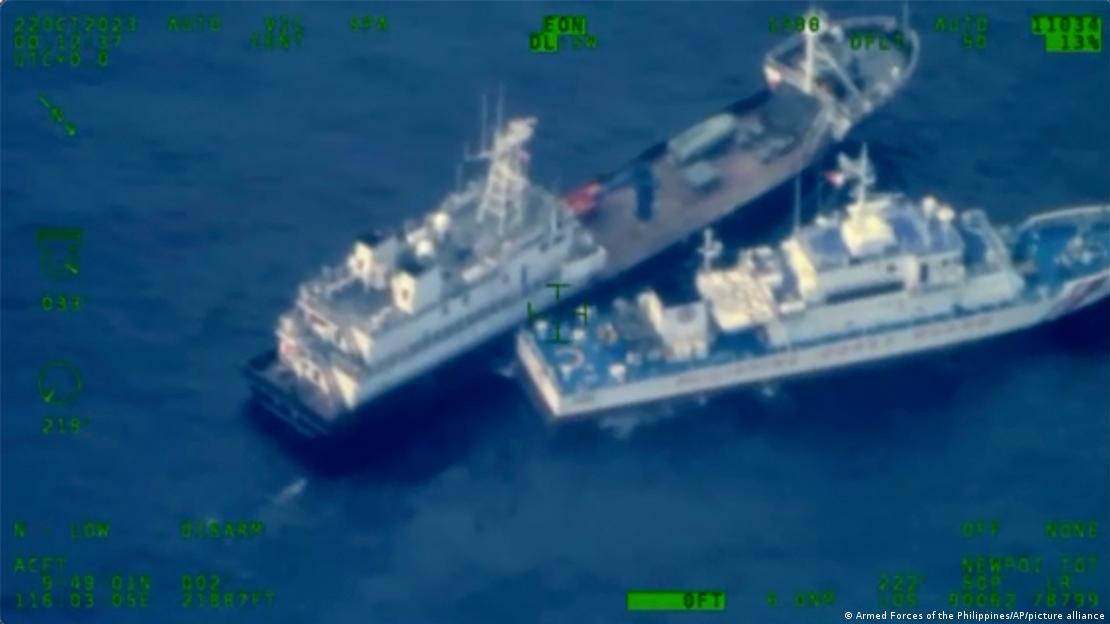This week saw the expansion of the ground war in Gaza. The IDF began pushing deeper into Gaza and expanded ground troop involvement. Israeli officials have been hesitant to call it a proper ground invasion though, perhaps in order to avoid an escalation by Hezbollah and Iran.
Germany has also been preparing for a military evac from Israel, stationing soldiers to Cyprus. However, there is danger of the war widening to the whole Middle East region. As Hezbollah and Iran have been saber-rattling over an IDF ground response, the US has responded in kind with deterrence, sending two carrier strike groups to the Eastern Mediterranean. The US has also conducted an airstrike in Syria on Iran-linked militant groups, after they (and other Iranian proxies) have fired upon US bases in the region. Furthermore, they have noted that Iran will be held responsible for any attack. The White House is preparing for a broader war too, as tension rises.
Over in the Pacific, there is a storm brewing too. Incidents in the South China Sea by China towards the Philippines have created concerns for safety in the region. The Philippines, traditionally a US ally and one (or rather, many) of the islands in the “Island Chain”, had been drifting out of alignment with the US during the late 2010s, but have been building ties back up again in light of increasing Chinese aggression. These recent provocations by China have not just been accidental, but deliberate actions perhaps. They must be countered and deterred not just by the US, but the Four Pillars.
It is also worth reading US National Security Advisor Jake Sullivan’s piece in Foreign Affairs, which articulated the foreign policy vision of the US and the Biden administration.

